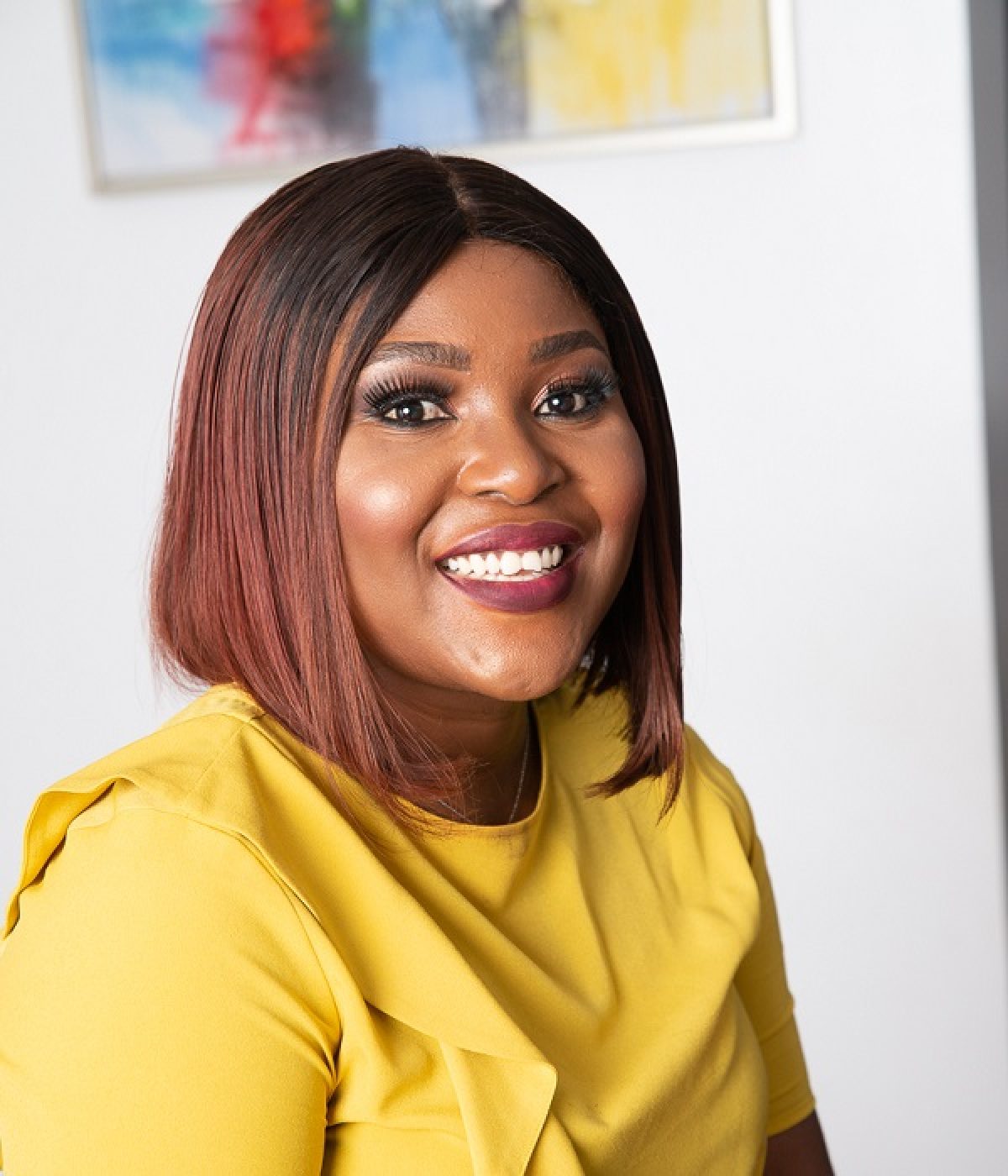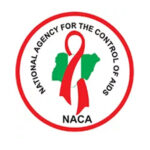Dr Fejiro Chinye-Nwoko is the General Manager (GM) of the Nigeria Solidarity Support Fund (NSSF), an NGO geared towards supporting vulnerable groups, strengthening Nigeria’s healthcare system and reskilling youths for the post-COVID-19 era. In this interview, Dr Chinye-Nwoko speaks on ways to address vaccine hesitancy and scale up childhood immunisation in Nigeria, how to ensure optimal post-COVID-19 recovery, how NSSF is transforming health outcomes in the country, among others.
Vaccine hesitancy, including for COVID-19 and other childhood diseases, is still a major concern in Nigeria, what do you think is the way forward?
Data from surveys has shown that in Nigeria vaccine hesitancy for Covid-19 and other routine immunisations remains a problem and is worsening.
According to a report by The Vaccine Confidence Project in 2022, there has been an obvious change in opinion regarding the importance of child vaccinations.
FG increases electricity supply to rural areas, deploys renewable technologies
Expand tax net to improve domestic revenue, NESG urges FG
In June, 2020, vaccines for children were held in high regard, but fell by about 10 per cent over the course of the pandemic.
Research also shows that common reasons for COVID-19 vaccine hesitancy include people not feeling at risk of catching the virus, not knowing enough about the vaccine and fearing side effects.
However, there’s a clear path forward: firstly, start with education. We need to launch awareness campaigns that provide accurate, science-based vaccine information. These efforts should target communities, healthcare workers and leaders to dispel myths and empower informed decisions.
Secondly, communities hold the key to vaccine acceptance. We should engage with local leaders, religious institutions and influencers to build trust and open dialogues, addressing concerns and boosting confidence.
The next steps would be strengthening healthcare services. Ensure vaccines are accessible, administered by trained professionals and available even in remote areas. Use data analytics to identify low vaccine uptake areas and tailor interventions effectively.
Collaboration among government, non-profit, healthcare providers and the private sector is also vital. Pool resources and expertise for comprehensive vaccination strategies.
Another vital point is transparency in vaccine distribution and safety monitoring. Open communication builds trust and reassures the public.
Lastly, train healthcare workers to address hesitancy effectively. They’re the frontline heroes in vaccination efforts.
By embracing these strategies, Nigeria can pave the way to a healthier and more resilient future.
Tell us more about NSSF?
NSSF was born from a partnership during the COVID-19 era between Global Citizen (GC) and the Nigeria Sovereign Investment Authority (NSIA).
NSSF’s mission is to empower organisations through innovative approaches, partnerships and collaborations to improve the health outcomes of vulnerable people and underserved communities.
We have three main strategic objectives that inform our focus and interventions. They are:
-Enhancing partnerships and collaborations with other NGOs, governments, the private sector and individual donors.
-Empowering health related Non-Profit Organisations (NPOs) and government institutions.
-Improving health outcomes of vulnerable people and underserved communities.
In the last two years we have contributed and still are contributing to the strengthening of Nigeria’s healthcare through our strategic objectives:
– Four fundraising events.
– N1, 208,341,587 in funds raised in two years.
– 11 collaborations with all kinds of partners.
– Over 15 stakeholder meetings were held in designing NSSF projects.
– Two WeNaija campaigns engaging over 1.200 youths.
– Six fireside chats reaching over nine million people.
– 4.9 million people received one shot of covid-19 vaccination.
– 12,000 healthcare workers trained.
– 12 million Nigerians reached via community outreaches.
What is your assessment of Nigeria’s health system, and how has NSSF been helping to transform it?
Healthcare spending in Nigeria was NGN7.2trn (3.1 per cent of GDP), compared to the 15 per cent agreed by African leaders at the 2001 Abuja Declaration. This highlights the urgent need for Nigeria to increase its healthcare spending to align with the agreed target. By increasing healthcare spending, Nigeria can allocate more resources to strengthen its healthcare system, improve access to quality healthcare services and work towards achieving universal health coverage.
Also, only about 20 per cent of the 30,000 PHC facilities across Nigeria are fully functional, as a result, a large portion of the population does not have access to quality primary healthcare services, which are essential for preventive and early intervention measures.
In addition, only three per cent of Nigerians have healthcare insurance, leaving most Nigerians vulnerable to health emergencies. Individuals and families face financial risks and barriers when accessing healthcare services.
This weak health system has contributed to poor health seeking behaviours. For instance, only 57 per cent of children are fully immunised.
At NSSF, we have identified immunisation as a focus area. We believe immunisation is an essential cost-effective strategy to reduce childhood morbidity and mortality, which saves an estimated two to three million lives each year. That was why we supported the scale up of COVID-19 immunisation in 2021.
We are taking lessons learnt from that partnership with the National Primary Health Care Development Agency (NPHCDA) and providing further support to the NPHCDA for the conduct and strengthening of outreaches for routine immunisation in three states: Cross River, Kwara and Ogun, to reduce the number of zero-dose children – those who have not received any vaccine – in these states.
In 2021, your NGO set an ambitious goal of vaccinating one million Nigerians against COVID-19, was that achieved?
Yes! It was achieved and surpassed. Our achievements include our financial support to NPHCDA to scale up COVID-19 vaccination campaign. By providing funding support for activities that were not funded by the government or other donor agencies, we were able to catalyse the impact of the vaccination campaign through the principle of additionality.
Through this funding support, we contributed to:
-12,000 healthcare workers were trained in safe immunisation programmes.
-12 million people were reached through vaccine advocacy programmes.
-Over 4.9 million people received at least one shot of COVID-19 vaccine.
-We have championed youth participation in advocacy programs. Over 1,200 youths have participated in our campaigns.
-We have also championed advocacy discussions with key stakeholders on improved healthcare and immunisation programmes.
-We have mobilised over NGN 1.2 billion in support of the government’s financing of the health sector.
What do you think Nigeria should do to ensure optimal post-COVID-19 recovery, especially in the area of healthcare?
The following steps can be taken:
-Improve healthcare financing through channels such as National Health Insurance Authority (NHIA), community health insurance, private sector funding, and strategic collaborations to scale impact.
-Leverage technology and innovation for improved healthcare delivery and access. This will help strengthen recruitment, training, and retention of human resources for health, as well as healthcare infrastructure development, and availability of essential drugs and vaccines.
-Another step is to strengthen healthcare governance and regulation for transparency and quality.
These will ensure that all citizens have access to essential healthcare services and improve financing mechanisms to protect individuals from financial hardship.
In what ways do you think the country can boost access to vaccines and routine immunisation?
It can do so in the following ways:
-Invest in expanding and upgrading healthcare facilities, particularly in rural and underserved areas.
-Conduct regular outreach programs to raise awareness about the importance of immunisation and conduct immunisation services in the communities to reach vulnerable populations and underserved communities.
-Train and empower healthcare workers to administer vaccines and educate communities about their benefits.
-Launch extensive public awareness campaigns to dispel myths and misconceptions about vaccines. Utilise various communication channels, including radio, television, social media and community gatherings.
-Strengthen the data collection and reporting system to monitor vaccine coverage and identify areas with low immunisation rates.
-Collaborate with local leaders, religious institutions, and community influencers to build trust in immunisation.
-Collaborate with international organisations, NGOs and private sector entities to access funding, technical expertise and resources.
-Regularly assess the effectiveness of immunisation programmes and make data-driven improvements.
What inspired the fund raising for various health interventions by your organisation?
In 2020, when the first coronavirus case was confirmed in Nigeria, the government, through the Federal Ministry of Health, began strengthening measures to ensure that the outbreak was controlled and contained quickly.
However, with already overwhelmed healthcare systems and a burgeoning population, it was apparent that more support was needed to meet the demands of the virus.
That was why NSSF was born. We (the board members, partners, supporters, donors and staff) believe that everyone should have access to quality and affordable healthcare services when they need them; ensuring that the vulnerable, disadvantaged and marginalised groups in Nigeria are not left behind.




